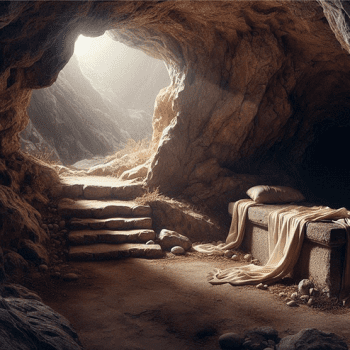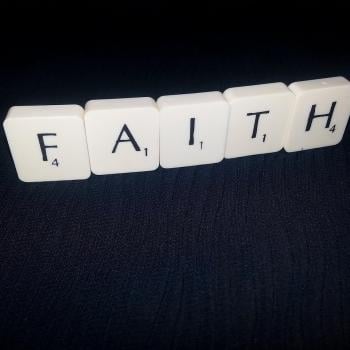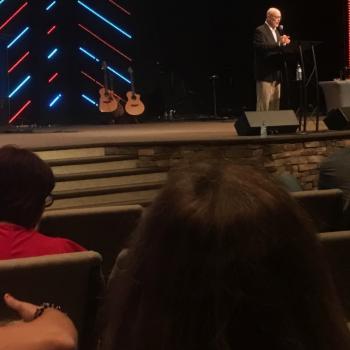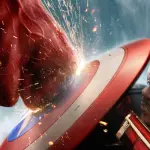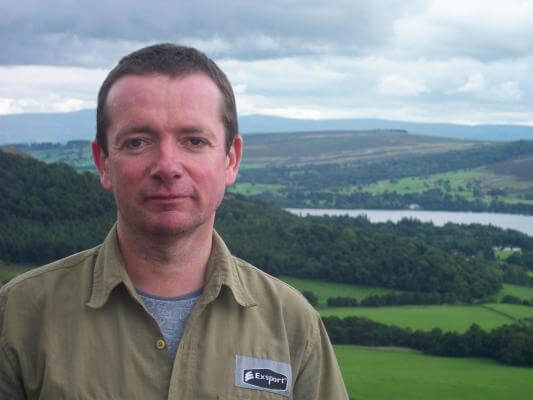
A Conversation With Mark Dowd
I posted a review of My Tsunami Journey by Mark Dowd a few weeks ago, just before Easter.
Reading Mark’s book sparked my interest and my curiosity. I checked his website and looked into what else he had written. Mark has written another book and several television productions. What I learned made me more curious and I decided to keep asking questions.
Mark generously agreed to listen to my questions. We began a conversation which helped me get to know him more clearly.
Mark, could you please give me a little information about your background and experience. What would be helpful for someone who has only read My Tsunami Journey to know about you?
I am a writer and broadcaster who, after training to become a Catholic priest and deciding that was not the life for me, became a BBC journalist. I covered politics and current affairs for many years, but in 2000, I was asked to start making programs about faith. Many of them, TV and radio, can be located at www.markdowd.uk
How would you say your experience in the Catholic Church, particularly in monastic life, contributes to your abilities as a television producer?
I have always had a questioning faith, ever since the over-simplistic, easy answers I was given at school proved to be unsatisfactory…e.g. why had God made a world in which innocent babies can die of leukemia?? Answer: “divine punishment for sin.” We need to do better!! So this spirit of dogged asking questions and probing has been carried on from religious life into the world of journalism. I think it helps me to get the best from interviews when I sit down to talk to people.
Was it difficult for you to leave the Dominicans? If you could have remained in your order, would you have done so?
Catholic priests are obliged to take vows and as a Dominican, I took vows of chastity, poverty and obedience. After a year and a half in the Order, I fell very much in love with another man: ironically a former Dominican friar who I met in the house where I was living! It was a real head versus heart battle. I did not want to be a hypocrite and live a double life, so I left the Order in 1983 and lived with Michael for nearly ten years. It was a blessing that I met him and I think I made the correct decision. It has not stopped me talking about God and reflecting!
How does spiritual life, academic life, and professional life intersect for you? Do those aspects of your experience, or others, work and play together well in your life?
It is all one continuum. Sometimes when work is proving difficult, I have turned to prayer as a way of saying..”I have done what I can…your will be done! Dominicans had a very string spirituality that said study can be a form of prayer….Opus Dei also preach that all work can be seen as blessed and holy. Sometimes we erect barriers between these parts of our lives when, in fact, they are all overlapping and joined up. Who can deny that a surgeon, saving a person’s life and bringing relief to families, is not doing the work of God?
How have tsunamis, and other natural disasters, shaped your understanding of evil and suffering?
They have taught me to look at the bigger systemic picture and not just at the human beings caught at the cutting edge. Once you see that a hurricane or cyclone might play a part on the global equilibrium of heart and energy transfer, you cease to see it as “evil” and begin to see the impossibility of separating positives and negatives in the natural world.
Have you experienced spiritual life in new ways as a result of the pandemic?
Parish life in the church was radically overhauled with services cancelled. We had to draw up a list of the isolated and vulnerable and people who might need medication picking up, food shopping etc.Ironically, it actually enhanced contact with people whose faces you recognized from church but whose names and circumstances at home one knew little about. So it brought us into greater contact, which is a very spiritual development. Also our lockdown led to more time for walking, silence, sounds of nature….all very positive!!
What did you discover on your tsunami journey which you least expected to find?
The resilience of faith in the Muslims of Sumatra, where they lost 132,000 lives. No questioning of God’s goodness or his ways, just an impressive cast iron trust which I think many people could learn from. I was genuinely shocked by the notion that “karma” explains why bad things happen to good people. “Maybe my child was a murderer in a previous life and that explains via reincarnation, why he had to die in the Tsunami.” Very weird.
Is your tsunami journey an example for the rest of us to follow? How can we follow your example?
Well not everyone can make these kind of trips when disasters happen! They are physically grueling and demanding. But I think they invite an opening to search at what other cultures and faiths have to say and, yes, I think an openness to new ways of looking at the world is definitely something I wonder encourage people to do.
What question do you see yourself exploring next?
I suspect it may not be too long before people are wondering who the next Pope will be! I am a great fan of Francis and hope he has many years, but every time a Pope suffers ill health, the phone does not stop ringing!
Thank you, Mark
I appreciate Mark’s openness and thoughtful approach to spiritual life.
Are there ways we can practice following Mark’s example today?
How can Mark’s questions and insights spark our own reflection this week?
[Image by Mark Dowd]
Greg Richardson is a spiritual director in Southern California. He is a recovering assistant district attorney and associate university professor, and is a lay Oblate with New Camaldoli Hermitage near Big Sur, California. Greg’s website is StrategicMonk.com and his email address is [email protected].




